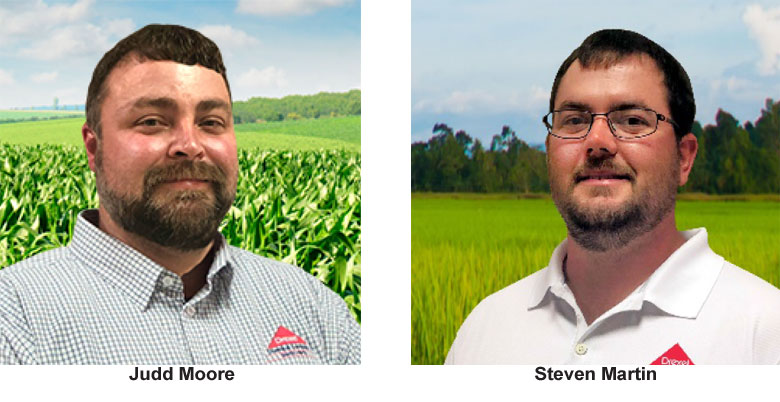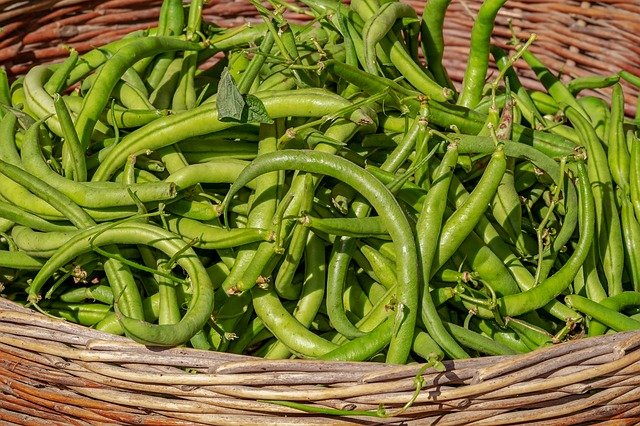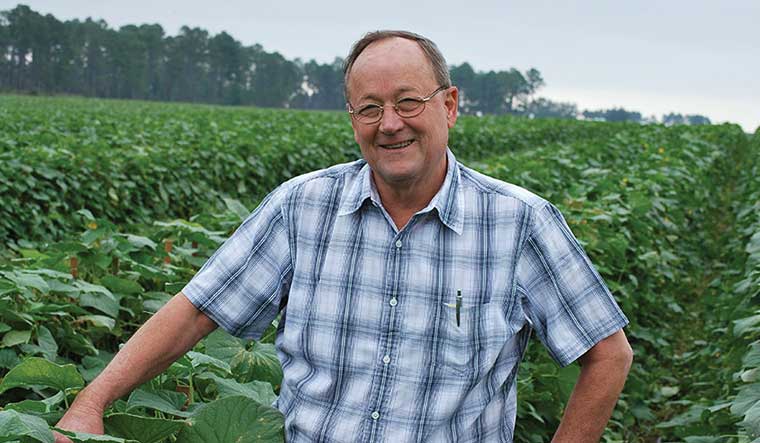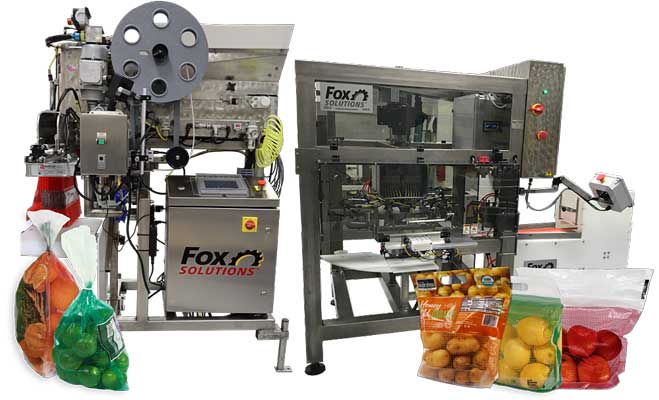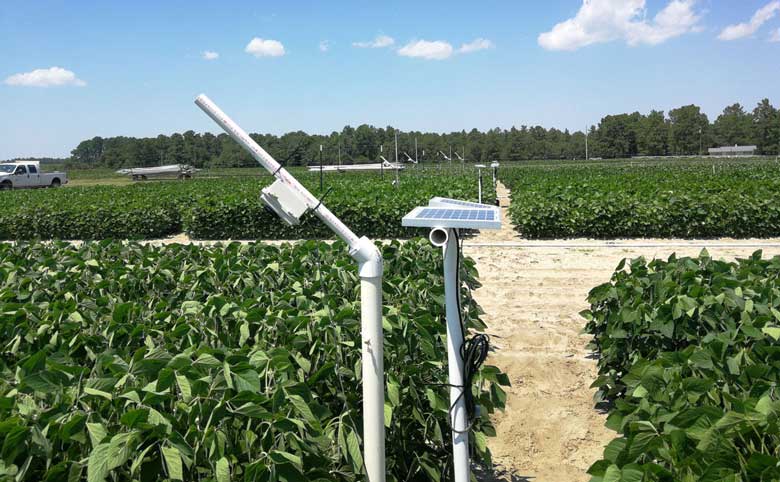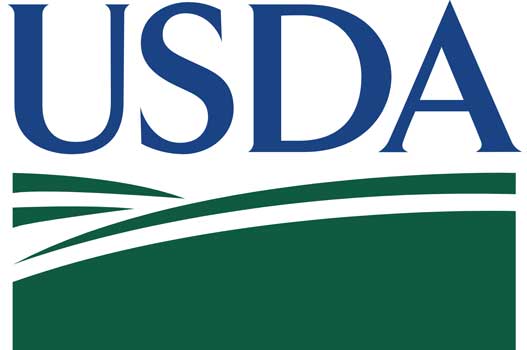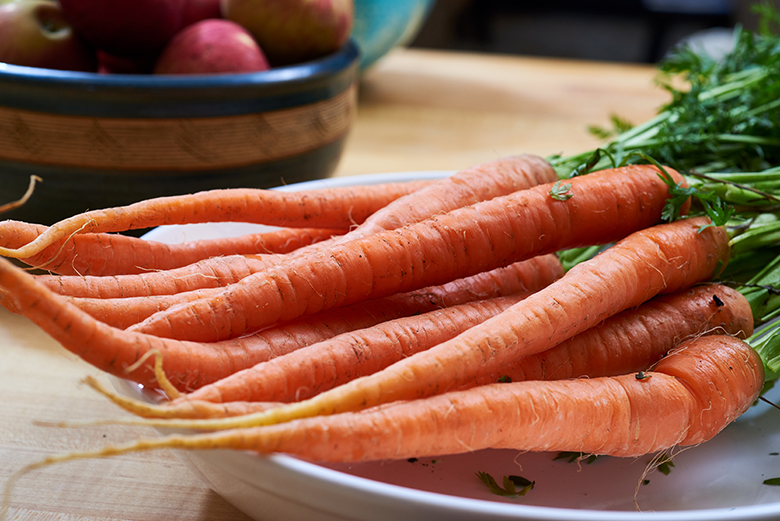Hannah Borg, 22, of Wakefield, Nebraska, is the 2020 Syngenta #RootedinAg Contest grand prizewinner.
Borg is the seventh #RootedinAg Contest winner. She was chosen from a hearty pool of applicants and two other strong finalists with her testimony that moved both online voters and a panel of judges.
The number of submissions this year was one of the largest – and one of the most difficult to rank, said Pam Caraway, Syngenta marketing communications lead.
“Thank you to everybody who took the time to share their story. Each submission was a delight to read or watch. Each story gives us confidence in the future of agriculture, thanks to those who take the time to teach us,” Caraway said.
This annual competition from Syngenta invites growers and other ag industry professionals across the nation to describe the person who most nourished their agricultural roots for their submission entry.
In a heartwarming video entry, Borg pays tribute to the matriarch of their sixth-generation family farm — her 86-year-old grandmother, Lois Borg. “Grandma is the perfect mix of grace and grit,” Borg said. “I’ve always admired how she lives her life and her role in our family. She always knows what’s happening on the farm and never turns down the opportunity to ride along on any kind of trip. She has passed down many stories to me and inspires me every day.”
As the grand prizewinner, she receives $500, a professional photoshoot with her mentor and a $1,000 donation to her favorite local civic organization: the Wakefield Heritage Organization, a group in her community dedicated to preserving and maintaining the local history of her hometown.
“I chose this organization because preserving our community’s heritage is important to me as the next generation to carry it on,” Borg said.
In addition to being part of her family farm, Borg has worked for the Rural Radio Network/ 880 KRVN as a part-time farm broadcaster; a communications intern for FarmHer in Des Moines, Iowa; and an intern for the National FFA Organization.
“Every year, we have the privilege of hearing the stories of people in the ag community whose peers, mentors and family members have inspired them,” Caraway said. “And every year, we learn something new about this community, which has engrained itself within all of us – and become a part of our DNA. Hannah’s video about her grandma resonates with everyone who hears her story.”
To learn more of Borg’s story and the #RootedinAg Contest or to read other ag news stories, go to www.syngentathrive.com. Join the conversation online — connect with Syngenta at Syngenta-us.com/social.

About Syngenta
Syngenta is one of the world’s leading agriculture companies. Our ambition is to help safely feed the world while taking care of the planet. We aim to improve the sustainability, quality and safety of agriculture with world class science and innovative crop solutions. Our technologies enable millions of farmers around the world to make better use of limited agricultural resources. With 28,000 people in more than 90 countries we are working to transform how crops are grown. Through partnerships, collaboration and The Good Growth Plan we are committed to improving farm productivity, rescuing land from degradation, enhancing biodiversity and revitalizing rural communities. To learn more visit www.syngenta.com and www.goodgrowthplan.com. Follow us on Twitter at www.twitter.com/Syngenta and www.twitter.com/SyngentaUS.
Web Resources:
Know More, Grow More
Syngenta Newsroom
Syngenta U.S.
Thrive
Cautionary Statement Regarding Forward-Looking Statements
This document may contain forward-looking statements, which can be identified by terminology such as ‘expect’, ‘would’, ‘will’, ‘potential’, ‘plans’, ‘prospects’, ‘estimated’, ‘aiming’, ‘on track’ and similar expressions. Such statements may be subject to risks and uncertainties that could cause the actual results to differ materially from these statements. For Syngenta, such risks and uncertainties include risks relating to legal proceedings, regulatory approvals, new product development, increasing competition, customer credit risk, general economic and market conditions, compliance and remediation, intellectual property rights, implementation of organizational changes, impairment of intangible assets, consumer perceptions of genetically modified crops and organisms or crop protection chemicals, climatic variations, fluctuations in exchange rates and/or commodity prices, single source supply arrangements, political uncertainty, natural disasters, and breaches of data security or other disruptions of information technology. Syngenta assumes no obligation to update forward-looking statements to reflect actual results, changed assumptions or other factors.
©2020 Syngenta, 410 Swing Road, Greensboro, NC 27409. Thrive® and the Syngenta logo are registered trademarks of a Syngenta Group Company. All other trademarks are the property of their respective owners.

